Visit our blogger resource page.
UN Decade on Ecosystem Restoration: 5 ways NCC volunteers are contributing
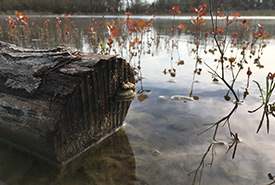
Restored wetland, Pelee Island, ON (Photo by NCC)
2021-2030 marks the UN Decade on Ecosystem Restoration, indicating the urgent need for humans to prevent and protect our Earth’s ecosystems from further degradation. As a new summer intern with the Nature Conservancy of Canada (NCC),...
The ocean has a chance to recover within 30 years
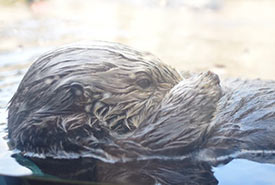
Sea otter (Photo by Kate, Unsplash)
Marine life, habitats and ecosystems have a chance to recover within 30 years according to a new study in Nature. While this would require huge conservation efforts and major policy changes, we have the knowledge to make this happen by 2050. The...
The essential Asquith aspens
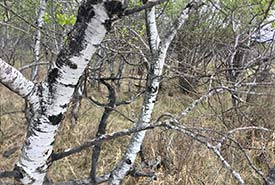
Trembling aspen at Asquith property, SK (Photo by NCC)
It’s difficult to imagine many natural habitats without the presence of trees. Trees provide humans and wildlife with essential needs; it’s easy to take them and forests for granted. In their many shapes, sizes and varieties, trees...
Nature-based solutions: Benefits for people and the planet
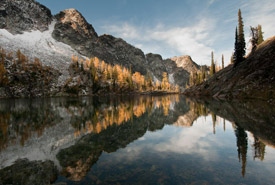
Alpine Lake on Darkwoods, BC (Photo by Bruce Kirkby)
There is no longer any question, scientifically speaking, that the effects of climate change are increasing both the rate and extent of biodiversity loss, not just in Canada, but globally. When combined with human impacts, such as land conversion...
The Ralph Wang Trail: A family legacy
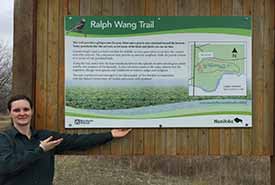
The Ralph Wang Trail sign (Photo courtesy of Ashley Greenley/NCC)
Growing up, I always enjoyed being outdoors and exploring nature. From a young age, I recall picking flowers, going for walks and birdwatching with my grandparents, Ralph and Mary Wang. They had a farm in southwest Manitoba where I got to enjoy...
The truth about ticks
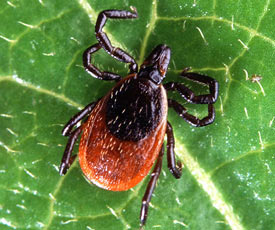
Adult deer tick (Photo by Scott Bauer/Wikimedia Commons)
Ticks seem to be everywhere these days. They’re on the news, on your social media feed and maybe even on your skin. People, especially those in southern Canada, are dealing with blacklegged ticks (also called deer ticks) with increasing...

